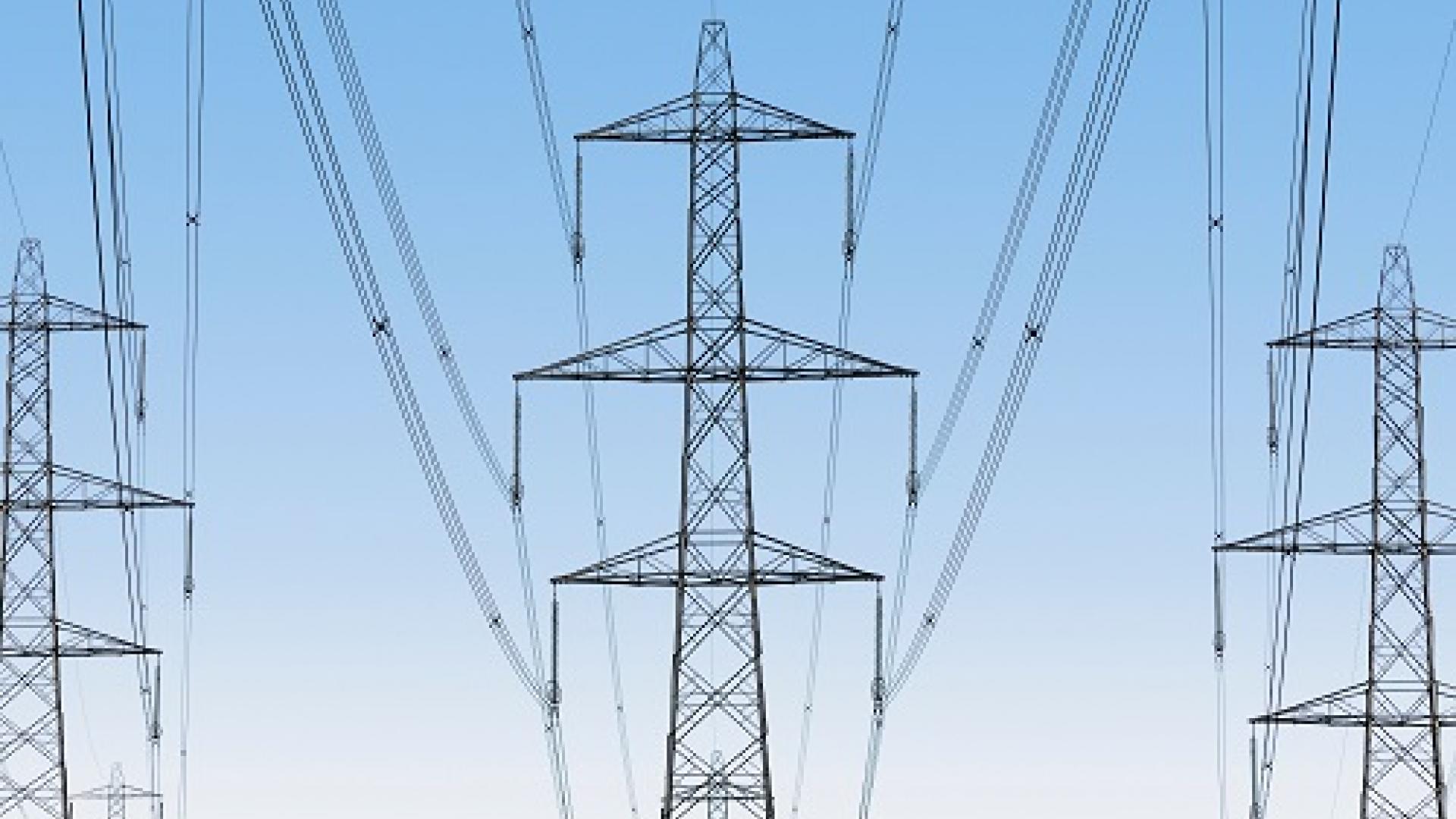© Alamy stock photo / Simon Belcher
Power generators face the constant challenge of matching the amount of power produced at any given time with the demand from consumers. Excess generation is wasteful and expensive, while undergeneration can cause brownouts. For this reason, accurately predicting power demand hours or even days in advance is critical for the reliable and sustainable operation of the electricity grid.
KAUST Distinguished Professor of Applied Mathematics and Computational Science Marc Genton and his colleagues have developed an effective way to use the enormous amount of power-usage data reported by household energy meters to more accurately forecast power demand.
In many countries, households and businesses are fitted with smart power meters that report power consumption in short intervals to the electricity network. For consumers, smart meters make it possible to monitor electricity usage in real time, and often the data they collect can help to identify usage habits and issues. For generators, smart-meter data represent a potential gold mine of information with which to better predict demand and operate power-generation facilities more efficiently. However, the sheer volume and complexity of data collected by household smart meters on a city or regional scale makes using the data challenging.
“Smart-meter data can help generators understand individual electricity consumption behavior,” explained Genton. “However, the heterogeneity, high level of noise and volume of data require the development of new forecasting algorithms. Our flexible machine-learning algorithm is designed to handle the specific properties of smart-meter data.”
Read the full article


